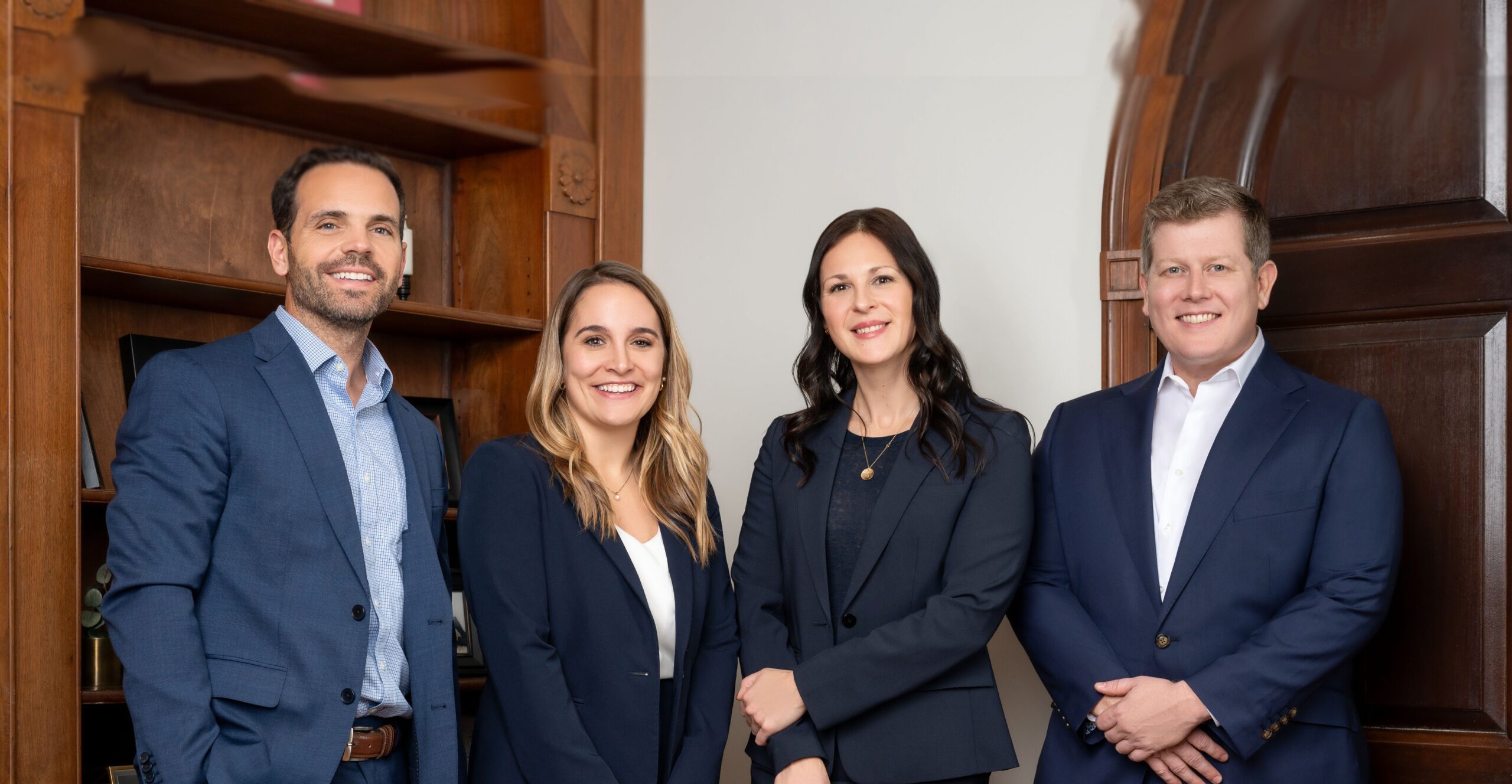Whether you’re a survivor of childhood sexual abuse yourself or the parent of a child, Pennsylvania child sexual abuse statute of limitations matters for your recovery.
That can affect how soon someone chooses to disclose the abuse and consider holding the institution that failed to protect them accountable. Knowing that delayed disclosure is the norm in child sexual abuse cases, many survivors are time-barred from seeking justice when they are ready to come forward. Our attorneys and the survivors we represent have sought to change this for years, and may finally change in Pennsylvania in 2023. Read on for what you need to know.
What Is Childhood Sexual Abuse?
Sexual abuse is a traumatic experience that can often leave victims feeling helpless. Whether it involves grooming, invasion of privacy, harassment, or unwanted physical touching, sexual abuse can have lasting physical, psychological, and emotional repercussions on its victims.

Child sexual abuse is any interaction between a child and an adult (or another child) for the sexual stimulation or gratification of the perpetrator or an observer. Sexual abuse can include both touching and non-touching behaviors. Non-touching behaviors can consist of:
- Voyeurism (trying to look at a child’s naked body).
- Taking inappropriate photos or videos of children.
- Exposing the child to pornography.
Talk about the age of consent and power imbalance here.
What Is a Statute of Limitations?
A statute of limitations is a legal time frame in which claims or lawsuits can be filed. If someone waits until the statute of limitations period has passed, convincing a court to take up the case is nearly impossible. The opposing lawyer would quickly ask for a dismissal based on the statute of limitations, and most of the time, the judge will agree.
Each state has its statute of limitations for various crimes, so verifying the limits in the state you want to file in is good. Before 2019, the Pennsylvania statute of limitations for filing sexual abuse cases was just two years from the date of the abuse for adults. For children who are victims, they had until they turned 30 to file.
How Did the Statute of Limitations for Filing Childhood Sexual Abuse Claims Change in 2019?
In 2019, Pennsylvania extended the civil statute of limitations for child sexual abuse victims –– allowing victims to file civil suits until they turn 55. For individuals sexually abused between 18-24 years of age, the new law will enable them to file a civil lawsuit until they turn 30. Adults 25+ still only have two years to file a civil lawsuit in conjunction with their sexual abuse. However, these changes do not affect cases of abuse before 2019, which still fall under the previous civil statute of limitations.

It is important to note that these changes are not retroactive; the statute of limitations in your case may differ, given all the changes in the statute of limitations over the years. It is best to consult with an informed attorney is vital to know your rights.
What Could Happen to the Statute of Limitations for Childhood Sexual Abuse in Pennsylvania in 2023?
In early 2023, legislators advanced several bills that would open a two-year look-back window, meaning that people who previously fell into the category of being unable to pursue cases against their offenders and the institutions that knowingly failed to protect them would then have a two-year period to consult a sexual abuse attorney.
There are two current paths the various pieces of legislation can take; one is a bill that must be passed by both the House and Senate and signed by the Governor or a constitutional amendment that must pass the House and Senate and then go onto an election ballot for the general public to vote on.
Why Is This Legislation Important?
Childhood sexual abuse is so traumatic that many people grow up unable to overcome their fear and shame, struggling with their mental health for much of their adult life. CHILD USA, an organization dedicated to research and advocacy for childhood sexual abuse victims, says that the average age someone reports childhood sexual abuse is 52. There are also estimates that only 20% of victims report abuse during childhood, and possibly up to 68% never report it. All of this proves what survivors have long said-there should be no time restrictions on disclosing child sexual abuse so the institutions that failed to protect them can be exposed and held accountable.

So far, in 2023, 20 other states are seeking to amend or eliminate criminal and civil statutes of limitations for sexual abuse victims. Those include Illinois, Iowa, Mississippi, Oklahoma, Tennessee, Utah, Rhode Island, Oregon, New York, New Jersey, Nevada, Nebraska, Montana, Minnesota, Massachusetts, Kentucky, Hawaii, Connecticut, California, and Arkansas.
Ten other states seeking to open some form of revival or “look-back” window are Indiana, Pennsylvania, Kansas, Maryland, Missouri, New Mexico, North Dakota, South Carolina, Texas, and Washington.
It is worth noting that the two states considered ground zero when it came to the exposure of the Catholic Church- Massachusetts and Pennsylvania have yet to successfully open “look back windows” for survivors.
What if My Child or I Was Sexually Abused?
Call Andreozzi _+ Foote at 866-311-8640 for a free, confidential consultation. We understand how deeply traumatic and stress-inducing this is for both the victims and their loved ones, not least of which because of how complex the laws are and how arduous the process can be. Our team of experienced, knowledgeable, and compassionate sexual abuse attorneys will endeavor to develop your case thoroughly while striving to keep the stress and anxiety minimal.
Many people fear contacting the police, mainly if the abuse occurred years ago. We can help victims with that. A police report begins the process of building a case and filing lawsuits. You don’t have to do it alone. We’re here, on your side, and want to help.


 e-Mail Us Now
e-Mail Us Now
